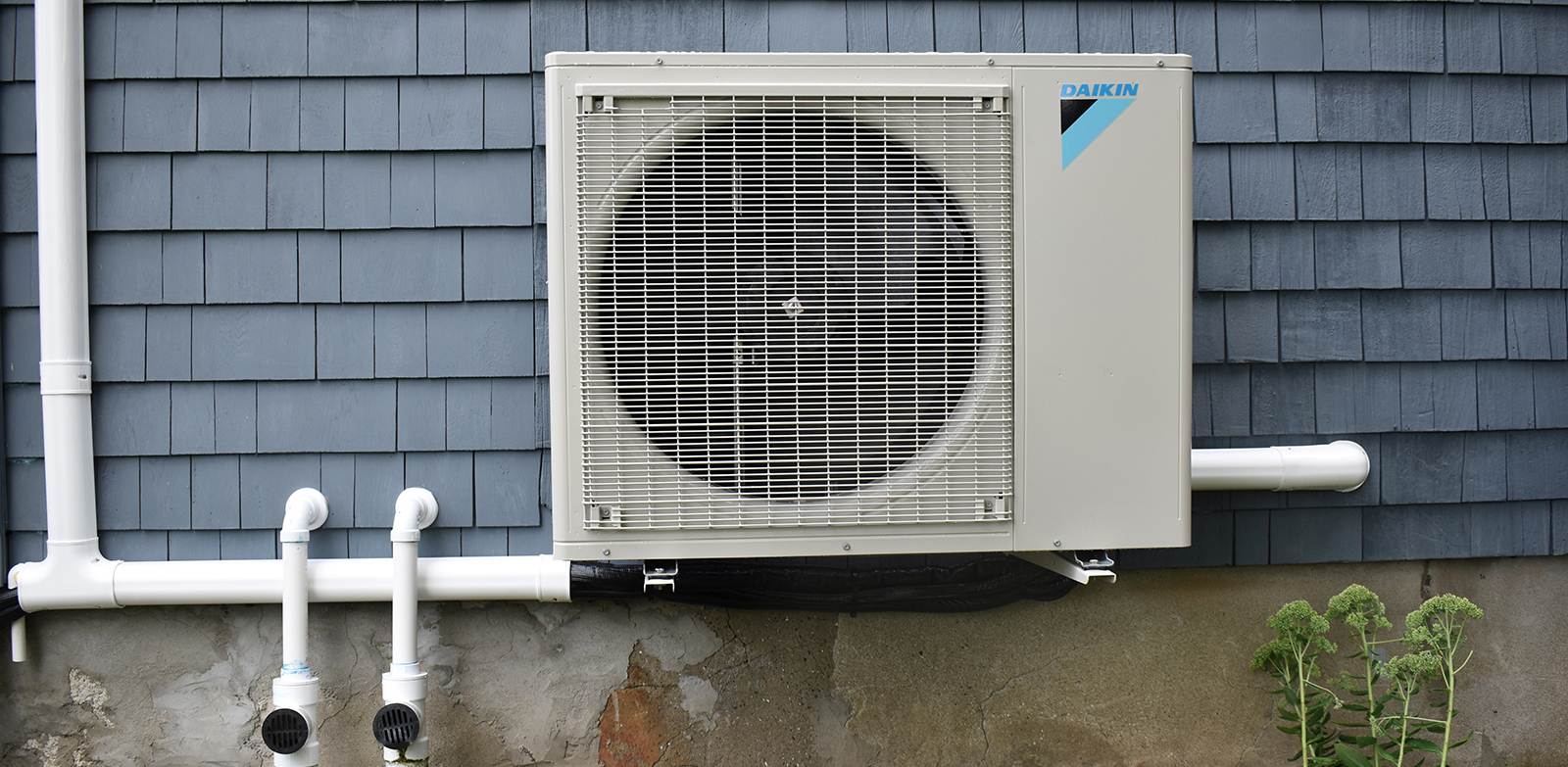SouthCoast Wind Backs Out of Deals to Renegotiate Better Ones
June 15, 2023
WARWICK, R.I. — The state’s chief energy regulator is expressing concerns about how much latitude offshore wind developers have to walk away from signed contracts and renegotiate better deals.
Ron Gerwatowski, chair of the Energy Facility Siting Board (EFSB), said policymakers are facing an impossible choice when it comes to offshore wind procurement.
“It leaves state regulators in a place where they must blindly approve contracts at less than competitive contracts,” Gerwatowski said. “Or risk falling short of important policy goals.”
Gerwatowski’s concerns came at the tail-end of a two-and-a-half-hour-long hearing June 12, where EFSB officials grilled executives from SouthCoast Wind, an offshore wind developer that announced last year a proposal to supply power via an export cable that will run through Rhode Island waters. SouthCoast Wind, however, has since announced it was terminating its power-purchase agreements (PPA) with Massachusetts utility companies, saying the project needed a better deal to remain economically viable.
During Monday’s hearing, the company acknowledged it would be cheaper and more cost-effective for the project to pay a financial penalty for terminating the already-signed contracts and re-bidding under a new request for proposal from Massachusetts.
“The reality for the [offshore wind] industry right now is that almost every developer is seeing that PPAs and project economics are underwater,” SouthCoast Wind CEO Francis Slingsby said. “We’ll pay the penalty associated with the termination and we’ll move on and put our best foot forward.”
Slingsby told the EFSB that while the final decision to terminate the contracts was not reached until last month, its executives had been seriously considering doing so since last fall, based on supply chain constraints, inflation, and rising interest rates. Company officials also said shareholders could expect increased risk and a lower return on investment from the project.
“The financing increases as a factor once debt becomes more expensive to repay,” Slingsby said. “We’re well over 30 percent cost increase from where we were at the time of executing the PPAs.”
SouthCoast Wind, then known as Mayflower Wind, announced its proposal last year to run export cables from a planned 2,400-megawatt offshore wind facility — enough to power 800,000 homes in New England — just south of Martha’s Vineyard up through the Sakonnet River and underground across Portsmouth to Mount Hope Bay.
The Sakonnet River export cables would carry 1,200 megawatts, about half the project, with a second bundle of cables planned to make landfall in Falmouth, Mass.
The developer is a 50-50 joint venture between the renewable energy arm of Royal Dutch Shell and renewable energy developer Ocean Winds, itself a 50-50 joint venture between two different European multinational utility companies.
The project would not provide renewable energy to Rhode Island, connecting to the grid at a planned substation at Brayton Point in Somerset, Mass.; the company had pledged to hire locally and compensate Portsmouth as a host community for the cable.
The Rhode Island Saltwater Anglers Association told ecoRI News last year it opposed the project based on the possible impacts to fish habitats during cable installation. The Sakonnet River is designated as an inshore juvenile cod habitat area of particular concern. The association asked the company to run the cable over land in Massachusetts, from Westport to Fall River, where land is already developed and habitat disturbance would be minimal.
Officials from SouthCoast Wind told ecoRI News the impact to habitats and fish would be minimal, and subside once the cable was installed.
While the project and power-purchase agreements are a Massachusetts issue, the export cables still have to be approved by the EFSB and the Ocean State’s Coastal Resources Management Council, a process that had started last summer.
But in November, developers began expressing doubt about the economic viability of the project in filings to Massachusetts regulators. Gerwatowski, who said he found out about these doubts from stories in the press, issued an order for a show-cause hearing, which was held in late November.
SouthCoast Wind officials had asked to delay the hearing’s date to commission an industry-wide report on the issues facing the economics offshore wind projects. Despite being completed Feb. 15, EFSB officials said they weren’t sent a copy until earlier this month.
Slingsby told regulators he was confident the company would secure new PPAs from Massachusetts, and he remained bullish on the project still proceeding as planned.
“These projects are absolutely viable, and more than that, they’re absolutely needed if we’re going to meet the greenhouse gas reduction targets,” he said. “Southcoast is a frontrunner project.”
The EFSB will make a decision on whether to continue the regulatory process for SouthCoast Wind at a future public meeting to be scheduled later this year.



